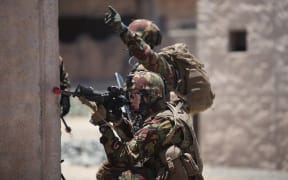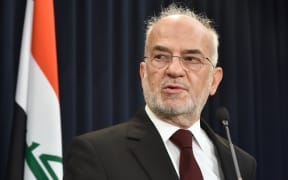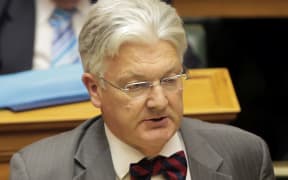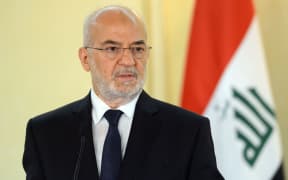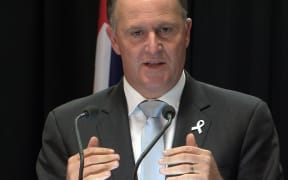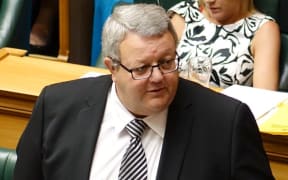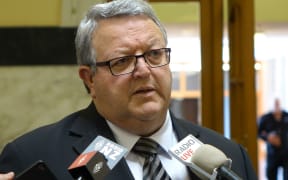The Cabinet will decide today whether New Zealand will send a deployment of about 100 troops on a training mission to Iraq, to assist in the US-led coalition's fight against Islamic State.
While a deployment looks almost inevitable, there is very limited political support for it, even among National's allies.
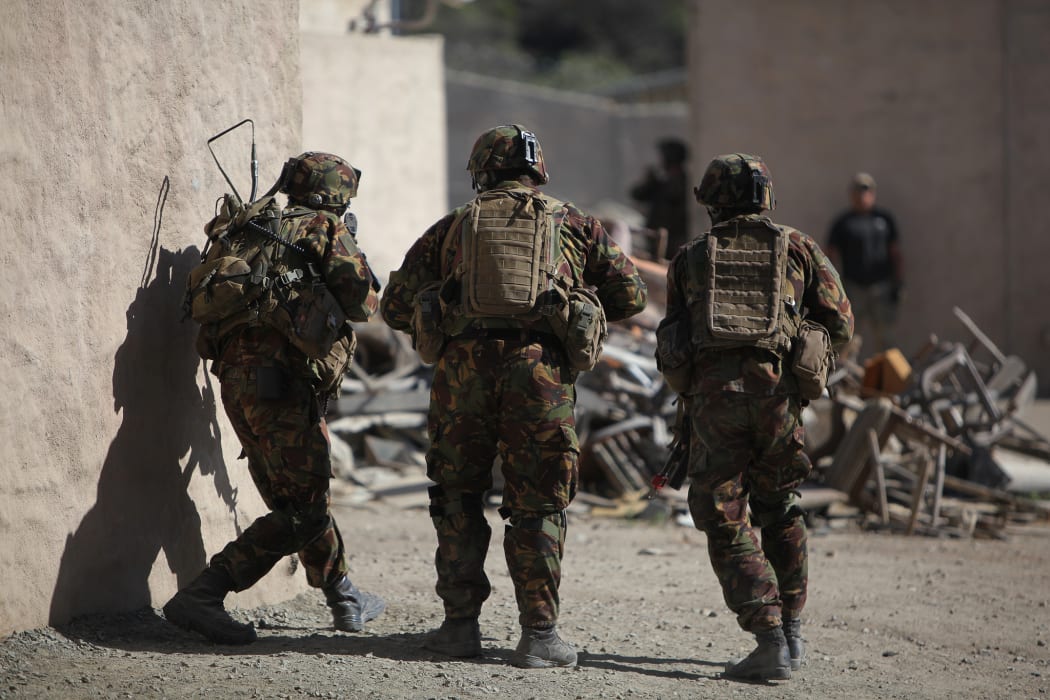
NZ Army soldiers carry out patrols at Marine Corps Base Camp Pendleton in California last year as part of exercise Dawn Blitz. Photo: NZ DEFENCE FORCE / US Marine Corps
The deployment would most likely be a mix of training troops and a protection force.
All indications are they would have the same legal protection as Australian soldiers - diplomatic passports rather than a status of forces agreement.
A recent visit from Iraqi Foreign Minister Ibrahim al-Ja'afari cleared the way for a contribution from New Zealand.
Prime Minister John Key acknowledged one of the greatest risks for the potential deployment was "green on blue attacks" - trainees turning on the New Zealand troops.
"On the basis that if they go to Iraq they'll be 'behind the wire' and therefore less exposed to IED attacks or other sort of typical attacks.
"If you think about the number of people that for instance were trained in Afghanistan, there were green on blue attacks, inside attacks, but we've got better I think as countries with dealing with that issue," he said.
Defence Minister Gerry Brownlee said the Government's preferred option would be to have New Zealand military personnel protecting the training troops.
However, he said if a deployment was approved, the New Zealand personnel would not be operating under a status of forces agreement, because that is for combat troops.
"When you're talking about a status of forces agreement you're effectively inviting people to come into your country in a combat role - it's not our intention to do that and it's not what the Iraqis want.
"Just like other numerous countries there, we would not be there on status of forces agreement, we would have another arrangement we're told works perfectly well for all of those other countries who are there at the moment, including Australia."
Limited political support
The Government, however, will struggle to find bi-partisan support across Parliament, with ACT as its only backer, and a reluctant one at that.
One of National's allies, United Future leader Peter Dunne, said an intervention would only make matters worse, as history had shown time and time again in that region.
Mr Dunne said to go simply because it meant being part of the "Western club" was wrong.
He said if troops went they would be inevitably drawn into the wider fight against Islamic State fighters.
Marama Fox, co-leader of another of National's support partners the Maori Party, said the party would only support peacekeeping or humanitarian activities, but not soldier training.
ACT leader David Seymour said his party would reluctantly back a decision to send training troops.
"We think that it's the worst and last solution to a situation we'd rather not be in, nonetheless we're a small country that relies upon collective defence and we have to support our allies, all of which are now engaged," said Mr Seymour.
The Green Party is adamantly opposed to any kind of military operation in Iraq.
Labour Party leader Andrew Little said in his view the Government had not made the case, and his party would oppose even a training deployment.
New Zealand First leader Winston Peters said New Zealand was heading into war without considering the long term consequences.
Mr Peters said it had become obvious John Key was a victim of the endless stream of propaganda from tribal groups and fanatics, with decades of religious differences.
"There will be a tragic outcome from any involvement by New Zealand. We are not working under the legal umbrella of the United Nations, just on a request from one of the factions with a grudge against others.
"In line with our independence and new responsibilities on the United Nations Security Council, we should be calm and measured in our approach, working to help end conflicts - not help start new wars."
John Key said after the Cabinet had made its decision New Zealand would want to consult with its partners, including the likes of Australia, the US and the UK.
He said the announcement would be made early this week, probably today or tomorrow.
